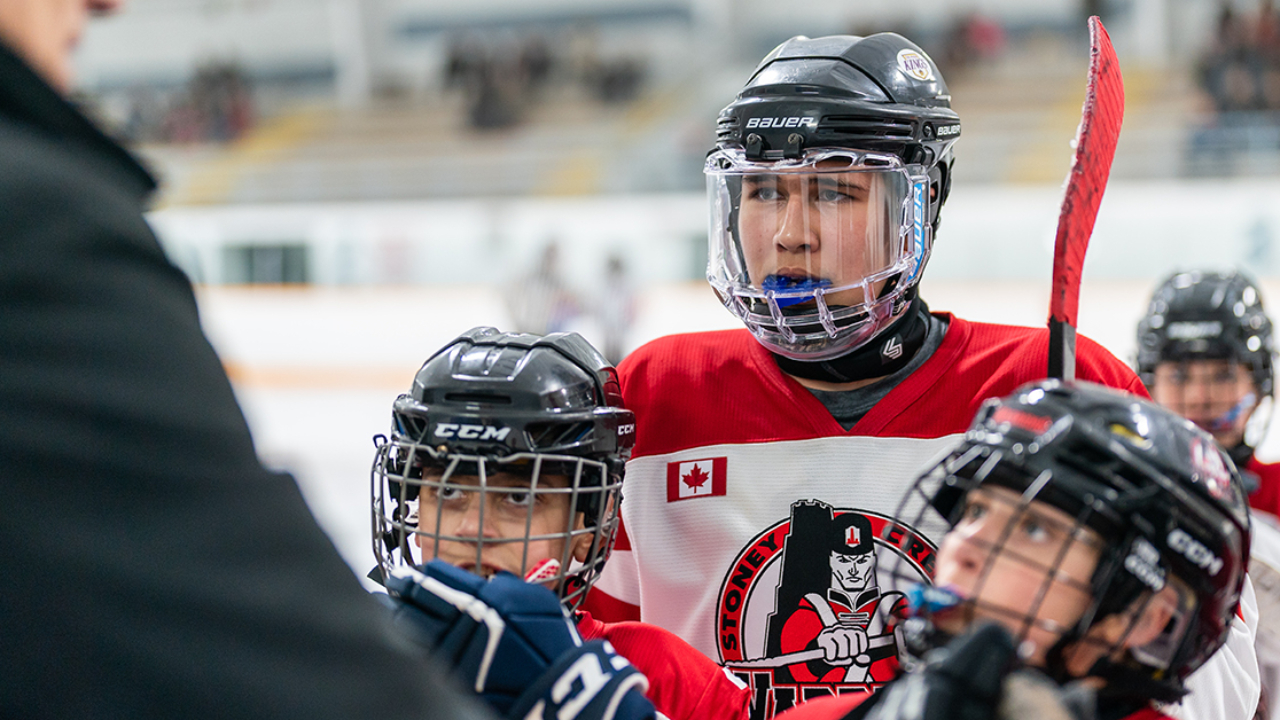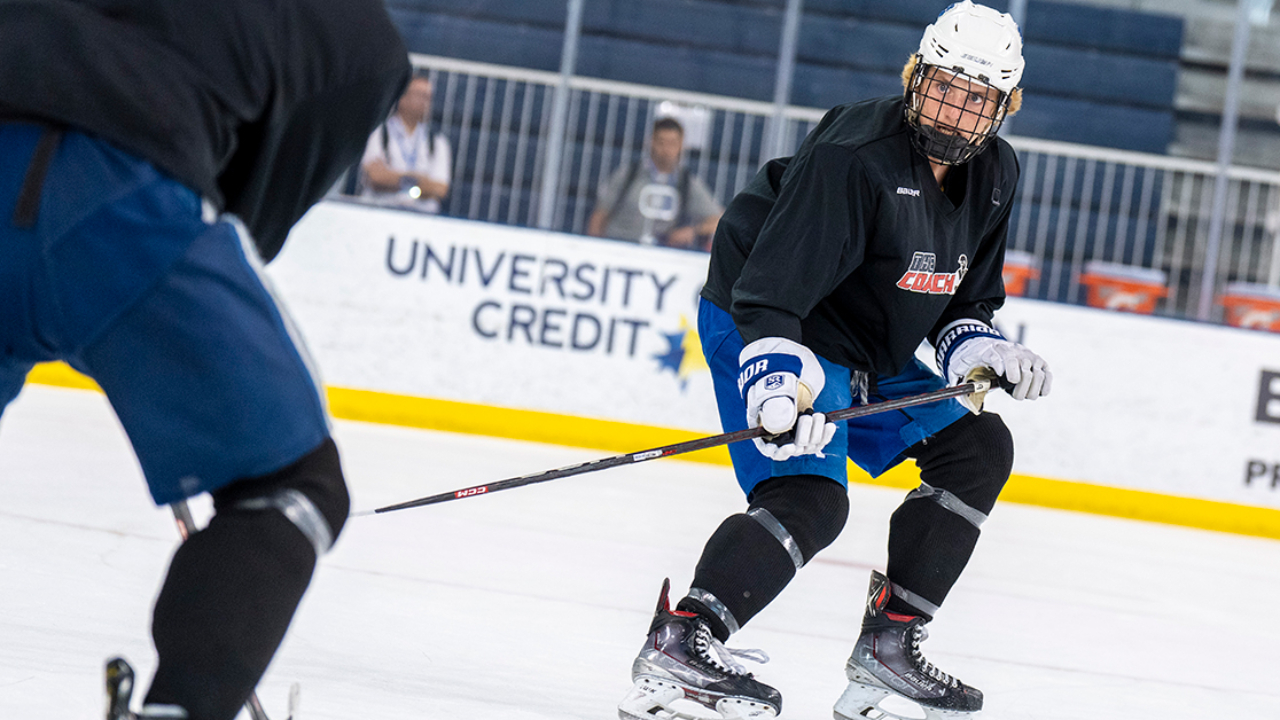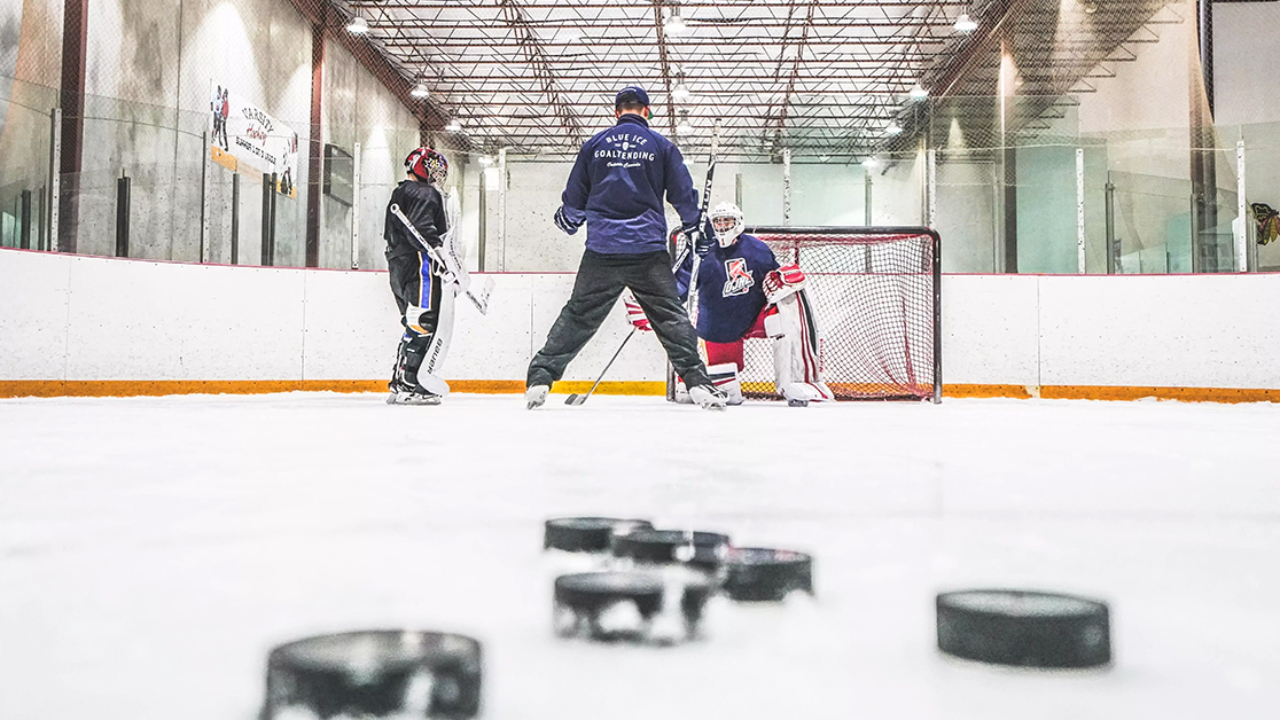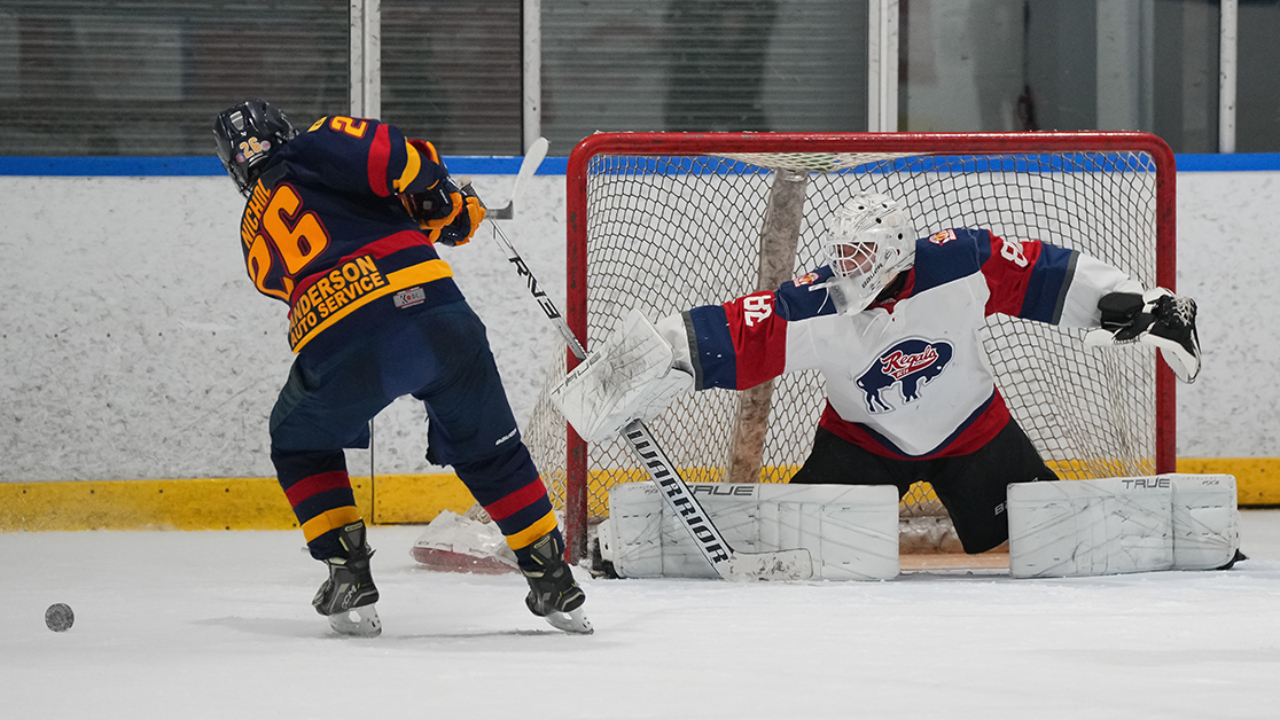
The year was 1993 when I was introduced to the sport of hockey. It was the month of May and the Stanley Cup Playoffs were in full swing. As a southern Calfornia native, my television was dialed into watching the Los Angeles Kings battle against the Toronto Maple Leafs. Looking back, I got to witness what has become one of the best playoff series of all-time. I still recall with great clarity some of the biggest names of that series: Doug Gilmour, Wendel Clark, Dave Andreychuk, Luc Robitaille, Rob Blake, Wayne Gretzky, and his bodyguard - Marty McSorley.
It was in Round 3 of this series where the players started to become unhinged. Doug Gilmour of the Maple Leafs was moving up the ice when he was laid out by Marty McSorley. His teammate, Wendel Clark came to his rescue and a fight between Clark and McSorley ensued. A second fight then emerged between the King's Dave Taylor and Todd Gill of the Maple Leafs. Both of these fights were then followed by a confrontation between the coaches - Pat Burns of the Leafs and Barry Melrose of the Kings. The intensity was next level and emotions were running high. It created one of the best NHL moments of all-time.
If you watch that clip in its entirety you will notice one person remaining absolutely calm at the 4:04 mark. Wayne Gretzky, who holds 10 unbreakable records, remaining focused and in control of his emotions. While everyone from the players to the coaches are losing their cool, he remains seated on the bench unhinged by it all. His calmness is testament to McSorley's purpose on the Kings - protect Gretzky and let him focus on his game. This ultimately led to the Kings winning the series and advancing to the Stanley Cup Final for the first time in franchise history, under Gretzky's leadership. In the case of Gretzky, the ability to stay composed, calm, and confident is essential for any hockey player looking to excel on and off the ice.
Staying Composed
Composure in hockey is about maintaining control over your emotions, thoughts, and actions, even in the heat of the game. Here is why it is so important:
- Decision-Making: Composed players make smarter decisions. When you are composed, you can think clearly and make the right choices, whether it is passing the puck, taking a shot, or defending against an opponent.
- Reducing Mistakes: Emotional outbursts can lead to unnecessary penalties and mistakes that can cost your team. Staying composed helps you avoid these costly errors.
- Leadership: Like The Great One, composure sets an example for your teammates. As a composed player, you can inspire confidence in your team that leads to better cohesion and teamwork on the ice.
To stay composed moving forward, develop pre-game mental routines and practice mindfulness techniques before your next game. These strategies can help you maintain your cool under pressure and make rational decisions that benefit your team.
Staying Calm
Staying calm is closely related to composure but involves maintaining a sense of inner tranquility regardless of the game's intensity. Here is why you need to stay calm:
- Present Moment: When the game becomes chaotic and your focus starts to waver, turning your attention to something like the simple act of breathing can be a profound anchor. Breathing serves as a constant rhythm amidst the tumultuous ebb and flow of hockey. In other words, it is a great reminder of the present moment.
- Self-Care: Breathing is also great tool for taking care of yourself. My mentor, Dr. Saul Miller, always tells me the best way to love yourself is to focus on your breathing. It is a potent tool for self-love. It is a transformative dynamic where the act of breathing becomes a powerful symbol of self-love and a reliable compass to navigate the game's complexities while maintaining focus and inner balance.
- Performance under Pressure: Hockey often involves high-pressure situations, especially during critical moments of the game. Staying calm and controlling your breath and heart rate allows you to perform at your best when it matters most.
To stay calm, practice relaxation techniques like conscious breathing, visualization, and progressive muscle relaxation. These tools will help you maintain a clear mind and a steady heartbeat even in the most stressful situations on the ice.
Staying Confident
Confidence is the crown jewel of emotional control in hockey. When you believe in your abilities, you are more likely to succeed. Here is why confidence is crucial:
- Peak Performance: Confidence is a catalyst for belief and belief will enable you to achieve peak performance. When you believe in yourself, your skills, and your training, you are more likely to play to your full potential.
- Resilience: Confidence helps you bounce back from mistakes and view setbacks as opportunities for growth. A confident player is less likely to dwell on errors and more likely to focus on the next opportunity to make a positive impact.
- Influence: Confidence is contagious. When you exude confidence, you will inspire your teammates to believe in themselves and take pride in their hockey club.
To boost your confidence in hockey it is imperative to (as addressed in other posts) focus on previous successes, plan and prepare, and foster a positive self-image. When individuals have experienced success in the past, they tend to carry that sense of accomplishment forward, bolstering their confidence. Careful planning and preparation ensure you will feel well-equipped to face challenges and reinforce your belief in your abilities. Lastly, maintaining a positive self-image, which involves self-affirmation and self-compassion, can be a powerful driver of confidence.
Parting Advice
Emotional control in hockey is not just a mental game; it is the key to success on the ice. By staying composed, staying calm, and staying confident, you can elevate your performance and be a more valuable asset to your team. These attributes are not only beneficial on the ice but also in life so embrace and deploy these principles today.



